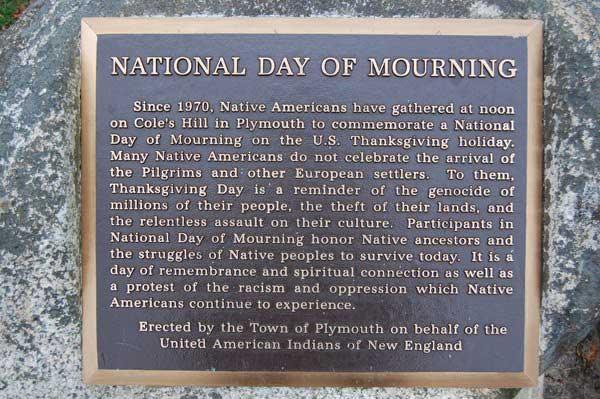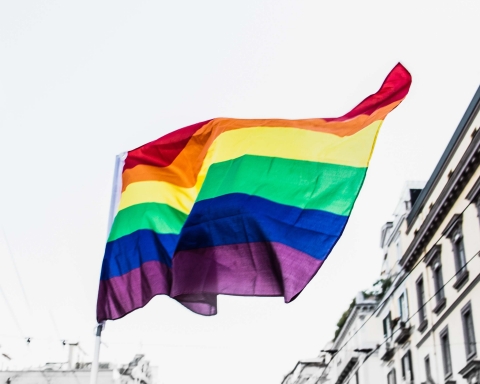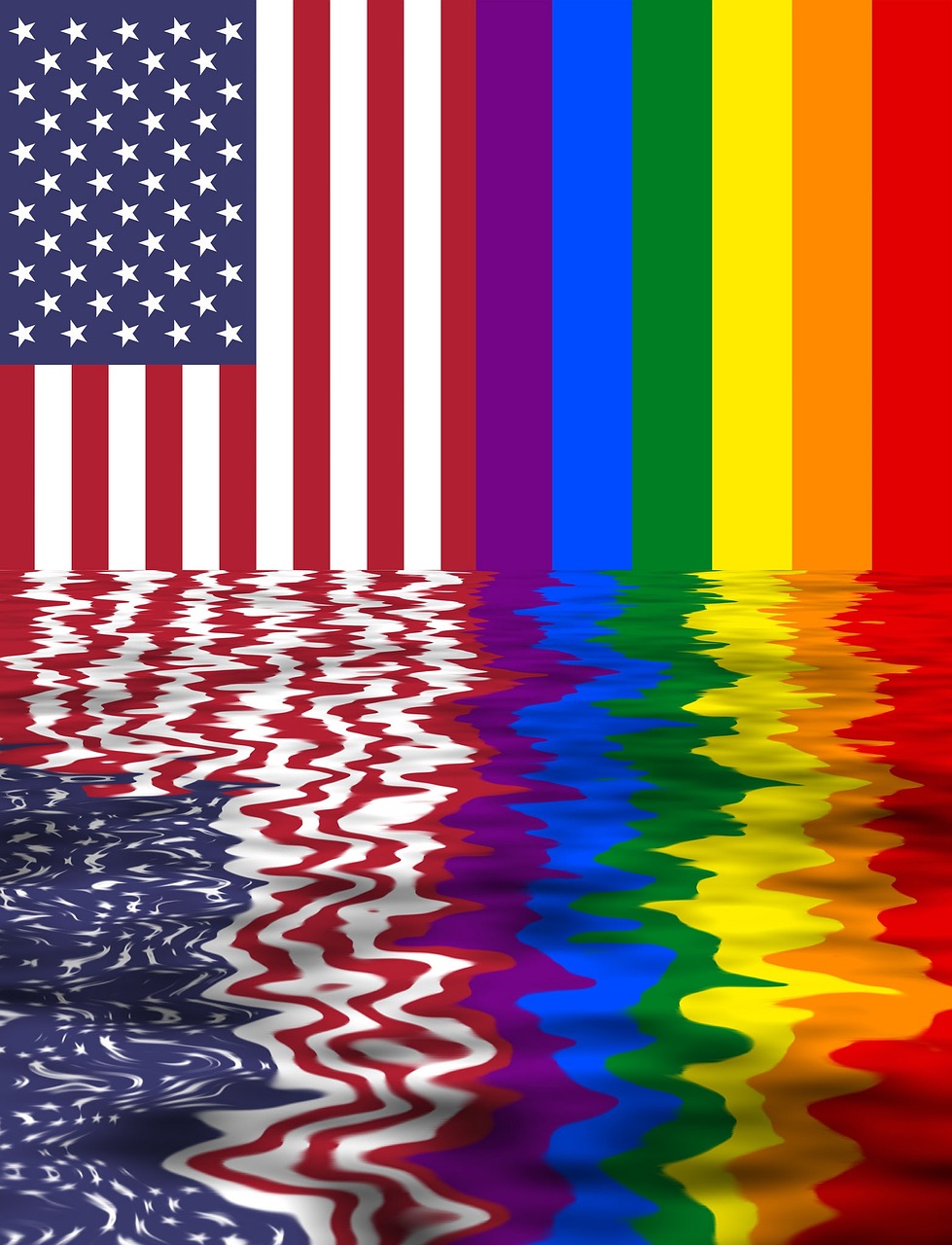How ridiculous is it that kids still learn about Thanksgiving as a shared meal between Native Americans and Pilgrims; an occasion to make paper Turkeys and share your favorite dish with the class?
Like many of the stories we’re told about our nation’s history, Thanksgiving is built upon a lie. The legendary dinner between Pilgrims and Native Americans was actually made up by Abraham Lincoln during the Civil War—a unity story meant to bring people together during a time of division.
In truth, Thanksgiving Day corresponds with a treaty made between Native Americans and Pilgrims. The treaty promised mutual protection between the groups. You can probably guess whether that treaty was honored by English migrants.
While non-native Americans feast on Turkey and mashed potatoes, many American Indians will instead celebrate the National Day of Mourning. Since 1970, Native Americans and allies have gathered in Plymouth on the fourth Thursday of November. In a statement made by the United American Indians of New England, “Thanksgiving day is a reminder of the genocide of millions of Native people, the theft of Native lands, and the relentless assault on Native culture.”
Why should the LGBT community care about the National Day of Mourning? Apart from the fact that all Americans need to acknowledge the realities of U.S. history—especially the parts that make us feel uncomfortable—we intersect with Native American communities and have a responsibility to uplift those among us who are marginalized intersectionally.
November is a good time of year not just to be thankful, but to commit to learning more about American Indian history.
Author: Clare McKinley









